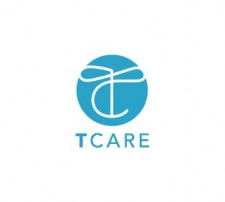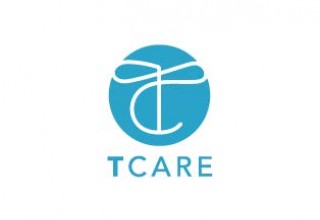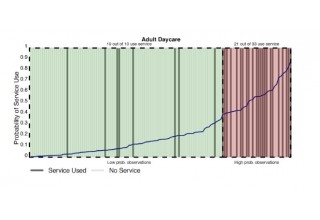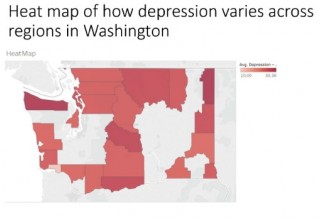TCARE Algorithms Can Predict When a Family Caregiver Will Burnout

ST. LOUIS, March 27, 2019 (Newswire.com) - Over nine years of data on family caregiver burnout & stress, collected through randomized and longitudinal trials, currently power prediction models that prevent nursing home placements and long-term service usage (LTSS). TCARE, Inc., the company behind these prediction models, has taken nine years of research collected through randomized and longitudinal trials to create the TCARE® system. The system includes assessment software that uses algorithms based on various social determinants of health to determine a family caregiver's highest risk factors of burnout.
TCARE's ACL-accredited solution focuses on the root cause of caregiver burnout. Typically caregiver burnout is associated with the care receiver's overall temperament, health information, and ability to perform daily tasks. While the TCARE system does measure these social determinants of health, it ultimately considers behavioral, physical, and emotional responses of the caregiver. This allows the system to identify the factor that most causes caregiver burnout -- how the relationship between caregiver and care receiver changes as a result of identity discrepancy.
“TCARE uses key measures of burden, depression, and a barometer measure of identity discrepancy to determine the caregiver’s willingness and ability to continue providing care,” says renowned gerontologist and TCARE Co-founder Dr. Rhonda Montgomery. “Traditionally, people think the disability level of the care receiver and the amount of care provided determine burnout, but our algorithms show that it is the mental & emotional wellbeing of the caregiver that determine burnout.”
Based on risks identified by TCARE’s algorithms, the TCARE® system recommends resources that directly address a caregiver’s highly-ranked burden(s), which are more likely to correlate with burnout. With an individualized and in-depth data-gathering approach, TCARE makes significant predictions of caregiver behavior and depression levels, provides interventions tailored to individual caregivers, and has been proven to reduce caregiver burnout.
Once a caregiver is enrolled in TCARE®, the software can predict three- and six- months in advance when caregivers will use long term care services. By analyzing models of demographic data and care-receiver/caregiver dyad information, depression levels can also be predicted six months in advance to significantly reduce crisis events.
TCARE’s® power of prediction makes it a crisis prevention system -- not a crisis management system. The high accuracy levels of individual caregiver predictions allow TCARE® to then combine data and overlay the information on top of a geographical region, predicting, up to six months in advance, high-risk populations. From there, interventions by certified TCARE® Care Managers can be made to reduce caregiver burnout.
In its 2007 pilot program with Washington State Department of Social and Health Service (DSH), TCARE saved the state's Medicaid budget over 20 million dollars by reducing Medicaid LTC claims by 20 percent and delaying nursing home placement by 21 months. Due to these results, TCARE became the state’s Family Caregiver Support Program (FCSP).
In 2012, a review of the Family Caregiver Support Program (FCSP) was conducted by the Washington State Institute for Public Policy (WSIPP). The review confirmed that family caregivers who participated in the full TCARE protocol and then continued to be served through the FCSP six months later demonstrated lower levels of objective burden, stress burden, identity discrepancy, and depression. These positive changes remained consistent over the six-month measured period, despite an increase in assistance needed by their care-receivers.
Supporting family caregivers not only reduces compassion fatigue, stress, and depression levels in caregivers, it also saves money in Medicaid, LTC, and LTSS claims. The current estimated economic value of the unpaid service of the 40 million family caregivers in the United States is approximately $470 billion. If our nation’s family caregivers were to all reach burn out, our economic systems would crumble.
About TCARE
The TCARE® system is the only evidence-based family caregiver support program in the country recognized by the U.S. Administration on Community Living. Based on 35 years of research by internationally renowned researcher Dr. Rhonda Montgomery, TCARE® has been proven to reduce caregiver stress and clinical depression, delay or prevent out-of-home placement of the care recipient, and reduce hospital stays and readmissions.
Source: TCARE


